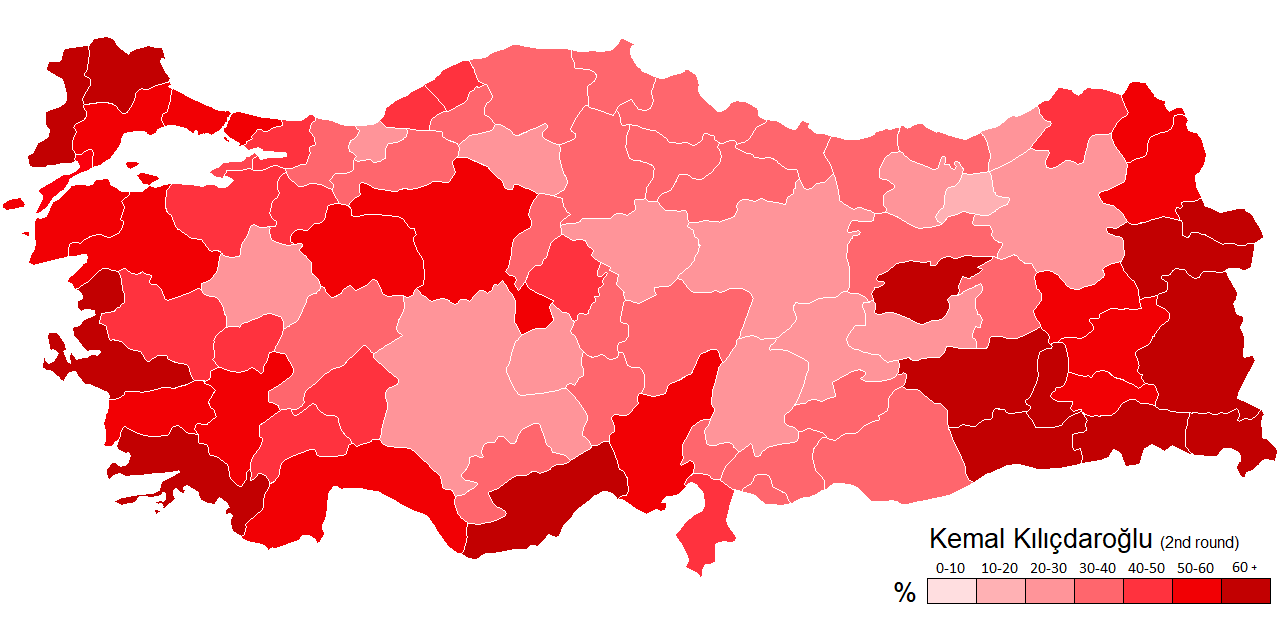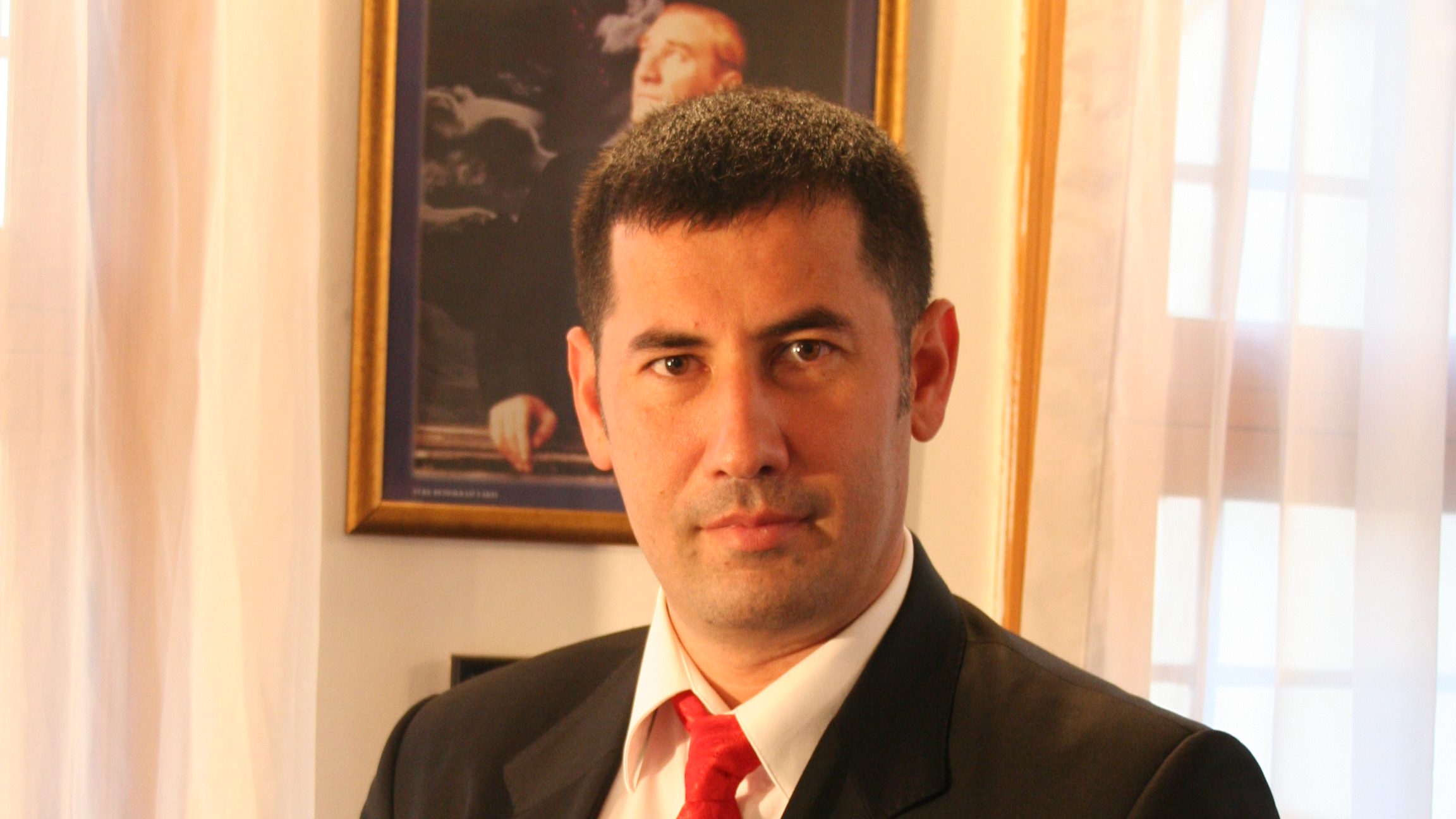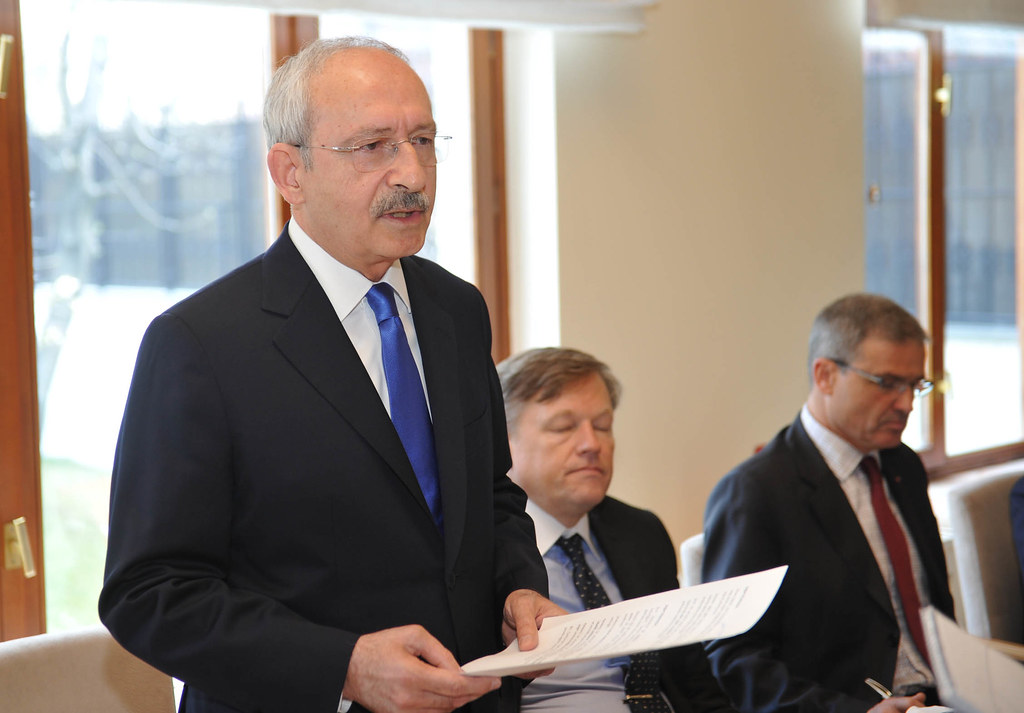Turkish presidential election too close to call, Erdoğan and Kılıçdaroğlu head to runoff.
Incumbent Erdoğan defied expectations to win the first round of Turkey’s presidential election, but he failed to secure a majority of the vote and will face a runoff against his main challenger, Kemal Kılıçdaroğlu, on May 28.

Erdoğan, 69, won 49.51% of the vote, while Kılıçdaroğlu, 74, received 44.88%. A small number of overseas votes are still being counted, but the results are not expected to change the outcome of the election.
The election was seen as a test of Erdoğan’s popularity after 15 years in power. He has been praised for his economic policies, which have helped to lift millions of Turks out of poverty, but he has also been criticized for his authoritarian rule.
Kılıçdaroğlu, the leader of the Republican People’s Party, ran on a platform of democracy and human rights. He promised to restore the rule of law and to end corruption.
The runoff election is expected to be close. Erdoğan has a strong base of support in rural areas, while Kılıçdaroğlu is popular in urban areas. The outcome of the election will have a major impact on Turkey’s future.
The election also saw a surge in support for nationalist parties. The ultranationalist presidential candidate, Sinan Oğan, received 5% of the vote. This suggests that Turkey is moving further to the right.

The opposition will need to unite behind Kılıçdaroğlu if they want to defeat Erdoğan in the runoff election. They will also need to address the concerns of voters who are worried about Turkey’s direction under Erdoğan.
The runoff election will be a crucial test for Turkey’s democracy. The outcome will determine whether the country continues on its current path or whether it takes a turn towards a more democratic future.
According to the Organization for Security and Cooperation in Europe, the recent election featured high political participation and various political alternatives for voters to choose from.
However, the incumbent president and ruling parties had an unfair advantage, partly due to biased media coverage.
The campaign was characterized by intense polarization and included instances of the misuse of administrative resources, harsh rhetoric, and pressure and intimidation towards one opposition party.
Despite these challenges, the opposition had hoped to benefit from voter dissatisfaction with the country’s economic crisis and the government’s slow response to recent earthquakes.
The incumbent president, Erdoğan, ultimately rallied conservative support and is expected to win a third term, despite the negative impact on the stock market.
The opposition leader, Kılıçdaroğlu, attempted to show defiance through a video in which he promised to fight to the end.

According to Emre Peker of the Eurasia Group consultancy, the current president is expected to use his high approval rating, surprise win in parliament, and incumbency advantages to secure re-election.
Despite falling behind in both the parliamentary and presidential votes, the opposition Republican People’s Party (CHP) attempted to save face, claiming that Erdoğan could not get a vote of confidence from the nation. They promised to bring justice to the country and win in the second round.
Observers noted a rightward shift in Turkish politics and pointed out that Kılıçdaroğlu and his coalition were unable to secure a majority in parliament or capitalize on voters’ criticisms of Erdoğan.
Berkay Mandıracı of the International Crisis Group suggested that during the campaign, few opinion polls had captured the conservative and nationalist undercurrent that ultimately influenced the election.
Ultranationalist Oğan, who allegedly ran as a spoiler candidate to promote his anti-refugee policies, was pleased with the election’s outcome. He claimed that Turkish nationalists would be the determining factor in the election, and he was proven right.
Oğan’s voters were left wondering what to do in the second round of voting, as they were not convinced by either Erdoğan or Kılıçdaroğlu. Mert, a nationalist who did not consider himself racist, expressed his doubts while working at a bakery in Erdoğan’s hometown.
Oğan had hoped for a higher percentage of the vote, but he noted that if he had not been in the election, Erdoğan would have given a victory speech already.
According to a voter working in a bakery in Erdoğan’s hometown, the problem with Kılıçdaroğlu is that he supports the HDP, a majority Kurdish political party.
Despite Kılıçdaroğlu’s outreach to left-wing Kurdish voters as part of a broad alliance, which was successful in winning him support in the presidential election in majority-Kurdish towns in eastern Turkey, winning the runoff will not be easy.
He must appeal to ultranationalist voters while also maintaining his support among HDP-supporting Kurds, a difficult task, according to Mandıracı.
Oğan, a far-right nationalist, claimed victory as he campaigned against Syrian and Afghan refugees. He said that he would consider backing Kılıçdaroğlu if there were no concessions to the pro-Kurdish HDP.
Meanwhile, some critics of Kılıçdaroğlu called for him to resign as the leader of CHP, citing the party’s poor performance in the election.
The opposition coalition struggled to regroup after the setback, with the challenge of motivating their supporters to turn out for the second round.
According to Mandıracı, the momentum appeared to be in Erdoğan’s favour, and mobilising opposition voters again would be a challenge for Kılıçdaroğlu and his coalition partners.
SOURCE: THE GUARDIAN AND NEWS AGENCIES


